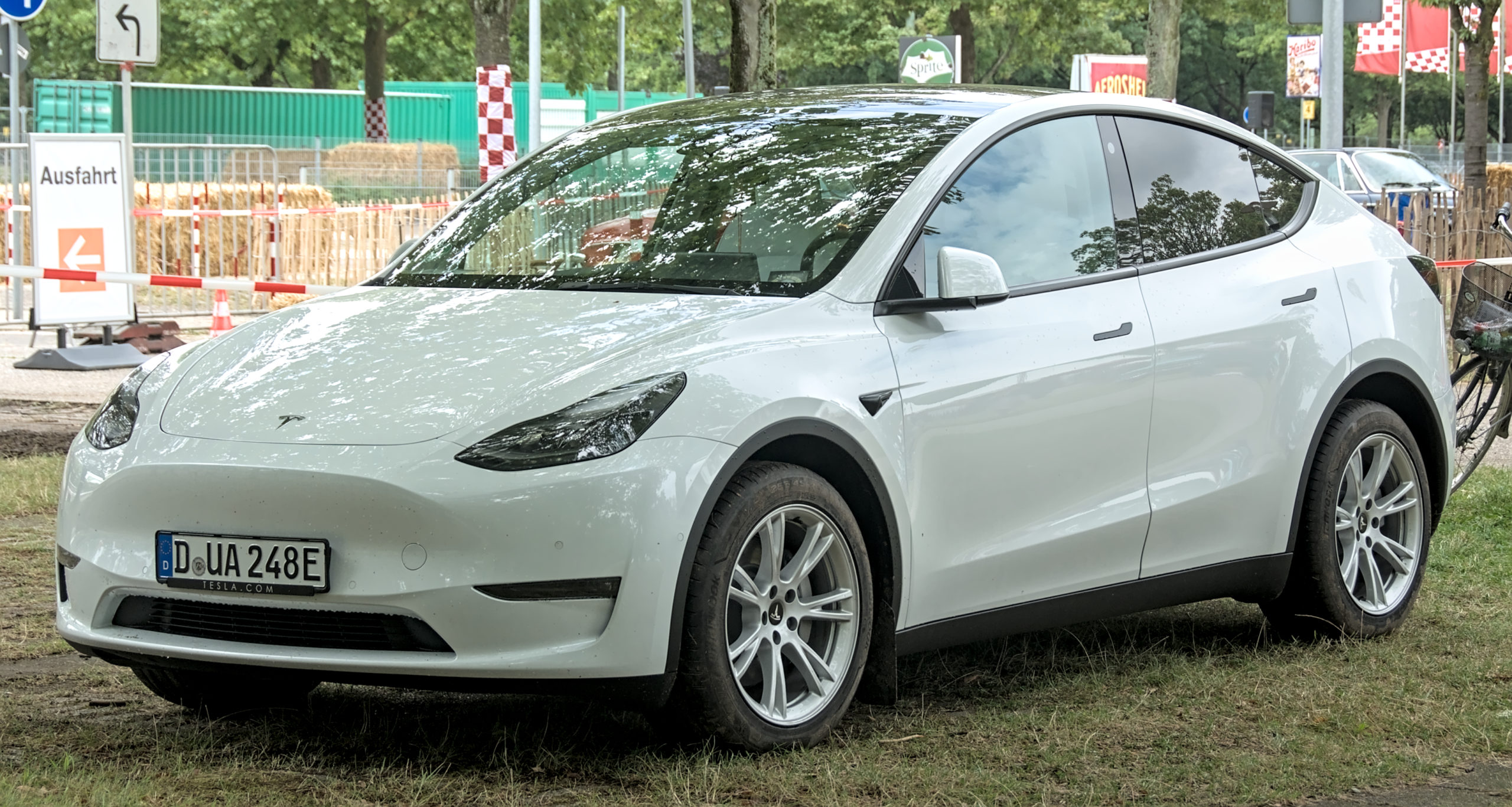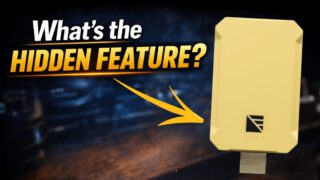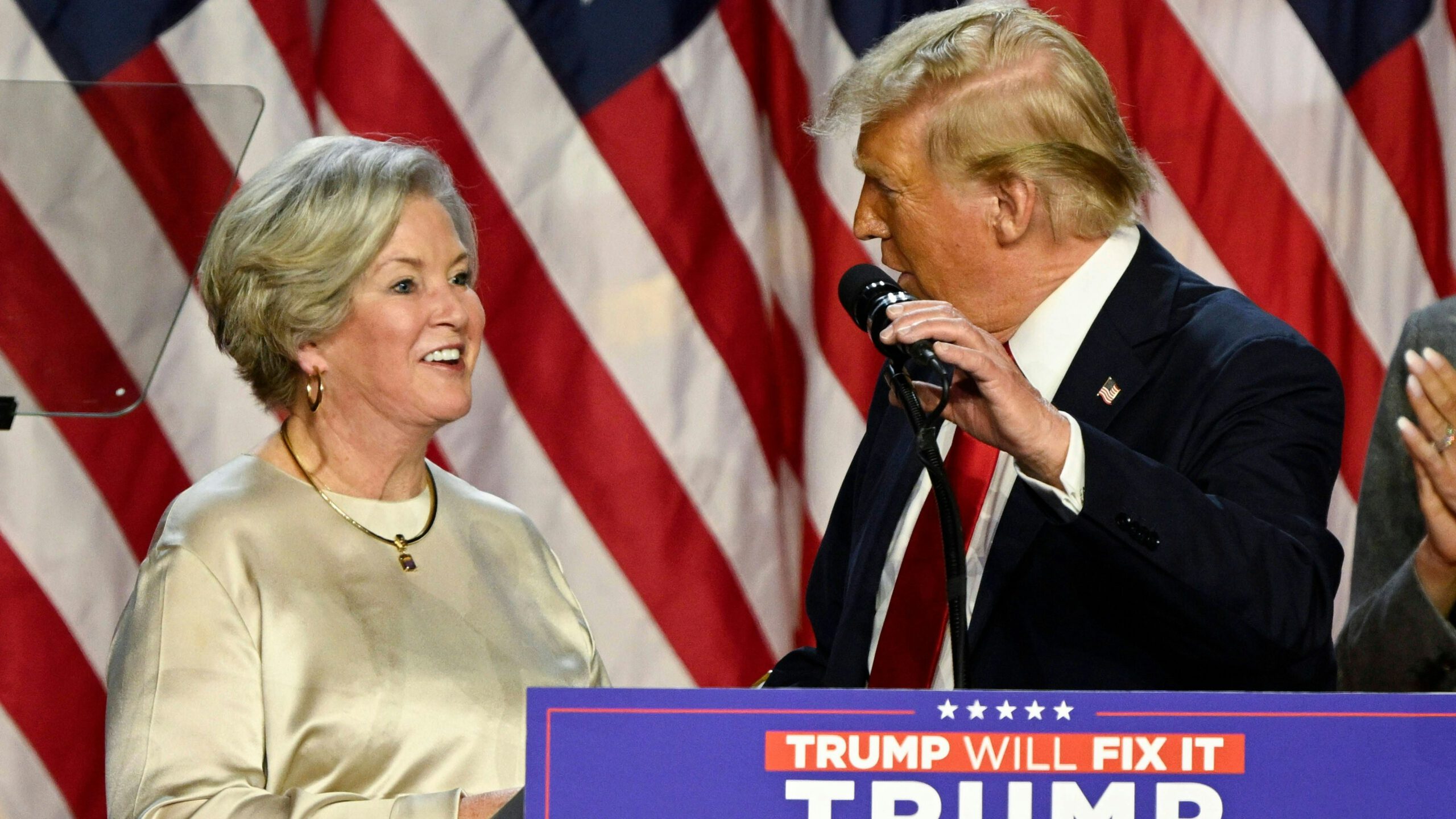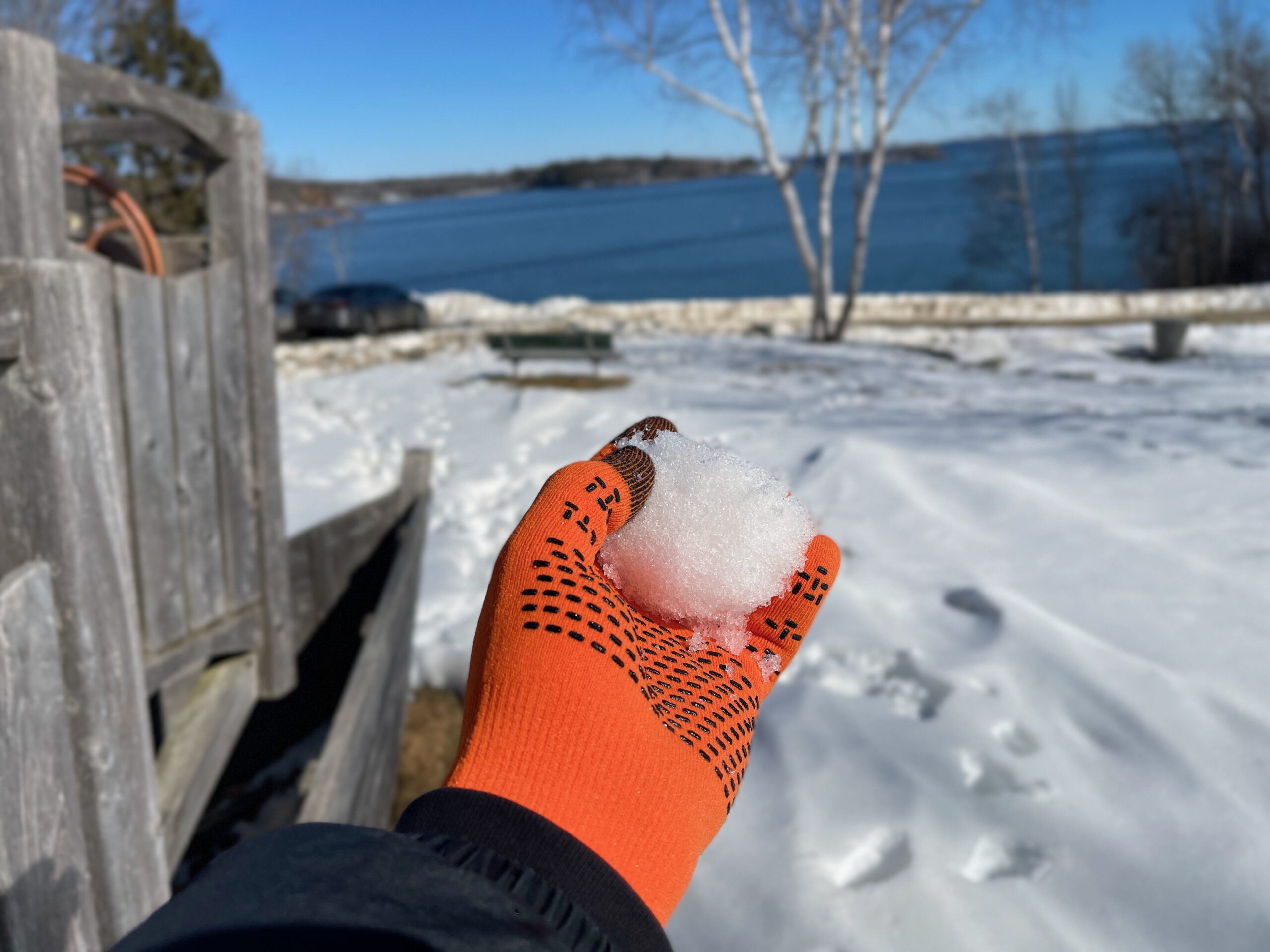When Tesla claimed crucial crash data was “missing” from a fatal 2019 Autopilot incident, it took an independent hacker minutes to prove them wrong—and that revelation just cost the company $243 million.
The Digital Smoking Gun
Independent forensics specialist extracts “unavailable” crash data in minutes, contradicting Tesla’s claims.
The hacker known as @greentheonly didn’t need weeks or special equipment. Within minutes of examining the Tesla Model S’s Autopilot computer, they recovered the complete crash snapshot that Tesla had spent years claiming was unavailable.
Worse for Tesla: the data showed the file had automatically transmitted to the company’s servers immediately after the 2019 Key Largo collision. The crash killed 22-year-old Naibel Benavides Leon and seriously injured Dillon Angulo when driver George McGee looked down to grab his phone. The car’s sensors had detected both the parked vehicle and pedestrians at substantial distances but failed to prevent the high-speed collision.
Courtroom Reckoning
Miami federal jury awards $329 million total, holding Tesla liable for data handling and system failures.
The August verdict wasn’t just about the crash—it was about the cover-up. Plaintiffs’ attorneys convinced jurors that Tesla’s conduct during the investigation constituted “years of deception” about available crash data. This deprived families and authorities of truthful information when it mattered most.
The jury awarded $329 million total, with Tesla responsible for $242.5 million in compensatory and punitive damages. “The message from the jury is that ‘You did something wrong, change what you’re doing,’” according to plaintiffs’ attorneys.
Tesla Fights Back
Company maintains driver error caused crash, warns excessive penalties threaten innovation.
Tesla’s defense remains unchanged: driver negligence caused the collision, and their user manuals clearly state that Autopilot requires constant attention. Tesla’s lead counsel called the verdict “unfounded and unconstitutional,” warning that “excessive penalties pose real dangers to safety innovation and technological advancement.”
The company has appealed, but the damage extends beyond this single case. Pending lawsuits in California and Texas are already citing the Miami verdict as precedent for alleged investor fraud regarding Tesla’s autonomy claims.
This verdict marks a rare courtroom loss for Tesla, which typically settles Autopilot cases or wins them outright. For families seeking accountability in our age of black-box AI systems, it’s vindication that corporate transparency still matters when lives are at stake.






























